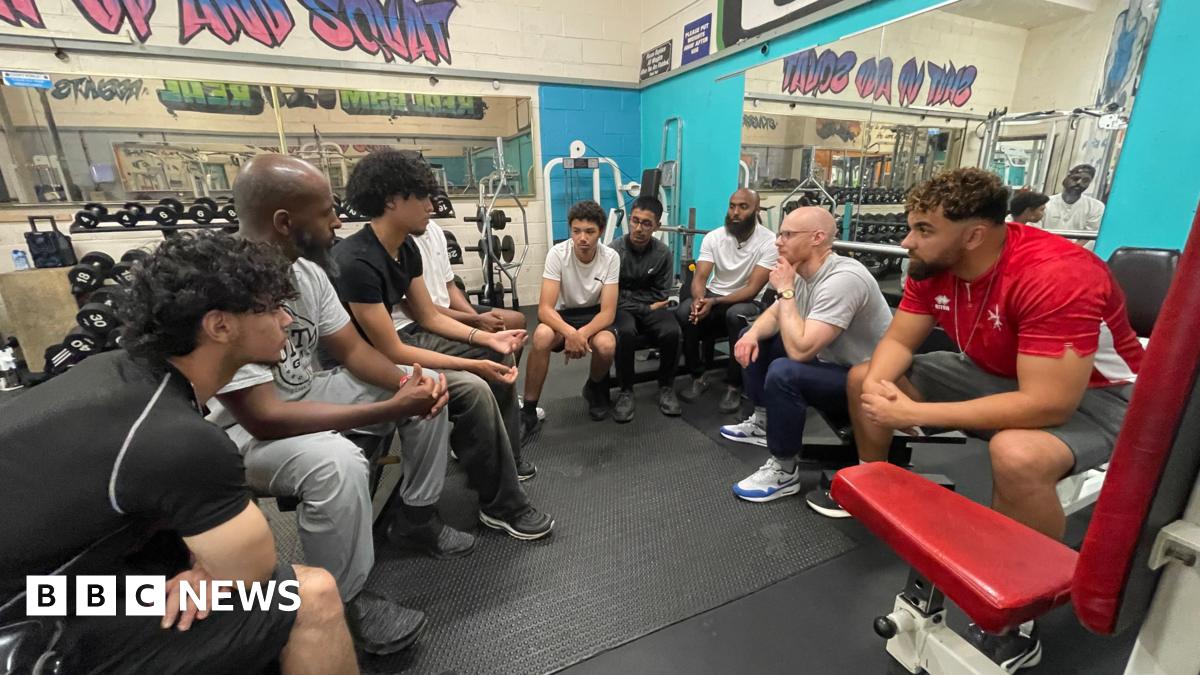Study Abroad Safety: Essential Tips for Navigating Public Transportation & Staying Safe

Your Adventure, Your Safety: A Guide for Study Abroad Students
Studying abroad is an incredible opportunity for personal growth, cultural immersion, and academic enrichment. However, it's also a time when you're stepping outside your comfort zone and into a new environment. A significant part of that experience often involves navigating public transportation – buses, trains, subways – which can be both exciting and potentially risky. This guide provides essential health and safety tips specifically tailored for study abroad students to ensure a smooth and secure journey.
Understanding the Risks: Public Transportation Challenges
Public transportation systems around the world differ drastically in terms of reliability, cleanliness, and safety. While many are efficient and well-managed, others may present unique challenges. As a student abroad, you might be more vulnerable to:
- Theft: Pickpockets and petty theft are common in crowded areas.
- Scams: Unscrupulous individuals may attempt to defraud tourists and students.
- Local Law Violations: Unfamiliarity with local laws and customs can lead to unintentional offenses.
- Safety Concerns: Depending on the location, safety can be a concern, especially during late hours.
Proactive Safety Measures: Your Checklist for Safe Travels
Don't let these potential risks deter you from exploring! By taking proactive steps, you can significantly minimize your vulnerability and enjoy your study abroad experience with peace of mind.
- Research the System: Before you even arrive, research the public transportation system in your host city or country. Familiarize yourself with routes, schedules, and ticketing options.
- Stay Aware of Your Surroundings: This is paramount. Pay attention to the people around you, and trust your instincts. If something feels off, remove yourself from the situation.
- Secure Your Belongings: Keep your valuables close to your body. Use a crossbody bag or a money belt worn under your clothing. Avoid displaying expensive jewelry or electronics.
- Be Wary of Strangers: While most people are friendly and helpful, be cautious of strangers who approach you with unsolicited offers or assistance.
- Know Local Laws & Customs: Familiarize yourself with local laws and customs related to public transportation, such as appropriate behavior and dress codes.
- Travel During Daylight Hours: When possible, opt for traveling during daylight hours, especially in unfamiliar areas.
- Share Your Itinerary: Let a friend, family member, or your university's study abroad office know your travel plans.
- Emergency Contacts: Always have emergency contact information readily available, including your embassy or consulate, local police, and a trusted friend or family member.
- Utilize Technology: Use GPS apps to navigate and share your location with trusted contacts.
- Learn Basic Phrases: Knowing a few basic phrases in the local language can be incredibly helpful in emergencies.
Resources & Support
Your university's study abroad office is an invaluable resource. They can provide information on local safety concerns, emergency procedures, and cultural norms. Your embassy or consulate can also offer assistance in case of an emergency.
Embrace the Adventure, Stay Safe
Studying abroad is a transformative experience. By prioritizing your safety and taking these precautions, you can focus on learning, exploring, and creating memories that will last a lifetime. Enjoy the journey!






